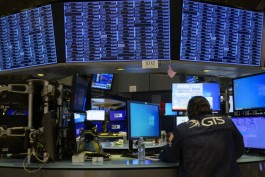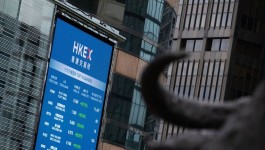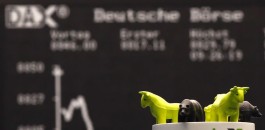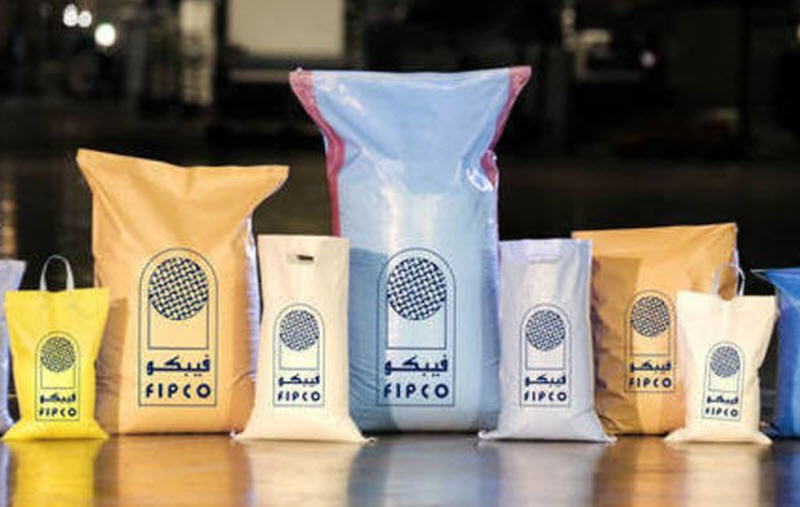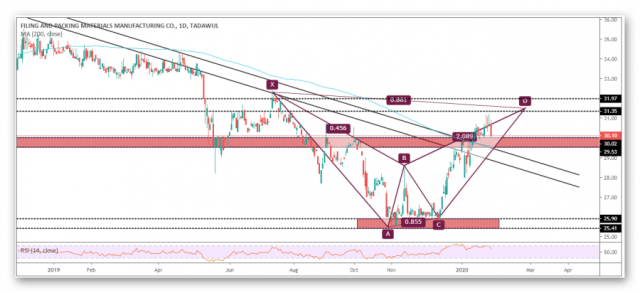The annual losses of the Packaging Material Manufacturing Company (FIPCO) increased by 277.9% to reach 22.3 million riyals in 2019.
According to ArabiaNet, the company said in a statement to the Saudi market, that the reasons for the growth of losses are due to a decrease in the gross profit as a result of higher production costs such as labor costs, due to the high government fees (labor compensation), and an increase in the cost of sales to the subsidiary, due to the gradual operation of the factory, even Reaching the targeted production capacity, given that commercial production will gradually start at the beginning of the second quarter of 2019.
The losses were also attributed to the increase in selling and marketing expenses, due to the fact that FIPCO charged its share of the expenses of the subsidiary that started its commercial production at the beginning of the second quarter of 2019, and whose marketing expenses increased to expand its participation in local and international exhibitions and the appointment of sales teams in different regions locally and abroad to expand activities Selling, marketing and opening new markets in order to obtain a market share that will be the nucleus of expansion and expansion.
She explained that the general and administrative expenses increased due to FIPCO taking its share of the expenses of the subsidiary, due to the gradual start of commercial operation, in addition to the presence of unexploited energy in the subsidiary, which was estimated at 15.9 million riyals during the year 2019, due to stopping the capitalization of costs in the subsidiary (FPC company Industry) as it gradually entered the commercial production stage at the beginning of the second quarter of 2019.
The company said that the financing costs increased by 4.3 million riyals in 2019 compared to 0.8 million riyals in 2018 due to the capitalization of financing costs in the subsidiary during the fiscal year 2018, according to the International Financial Reporting Standards (IFRS), as the commercial operation of the subsidiary only began At the beginning of the second quarter of the fiscal year 2019.
















